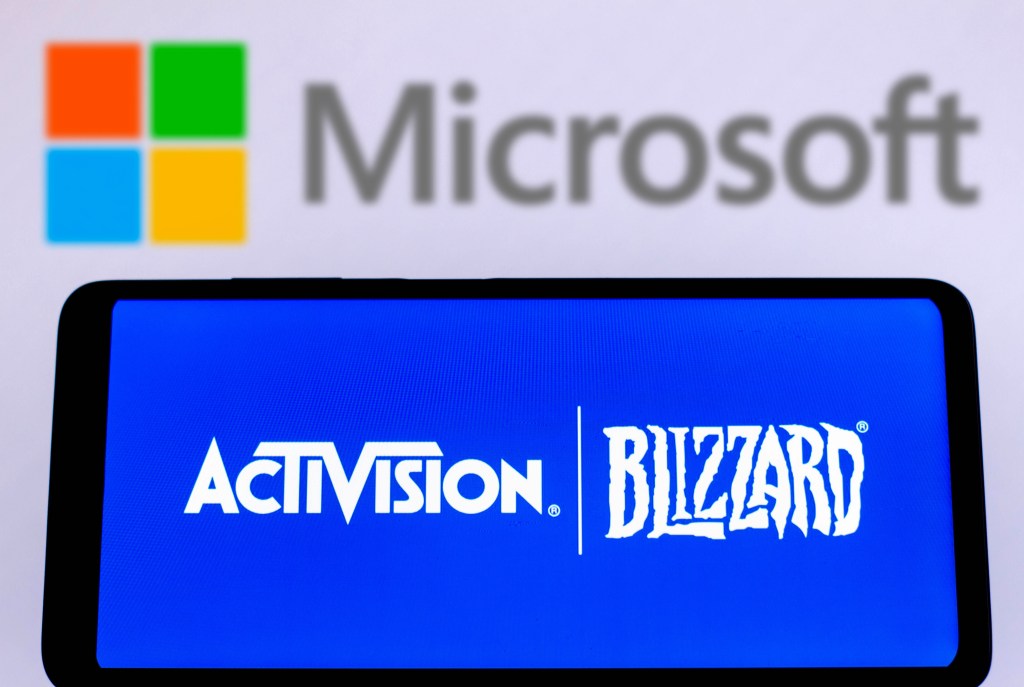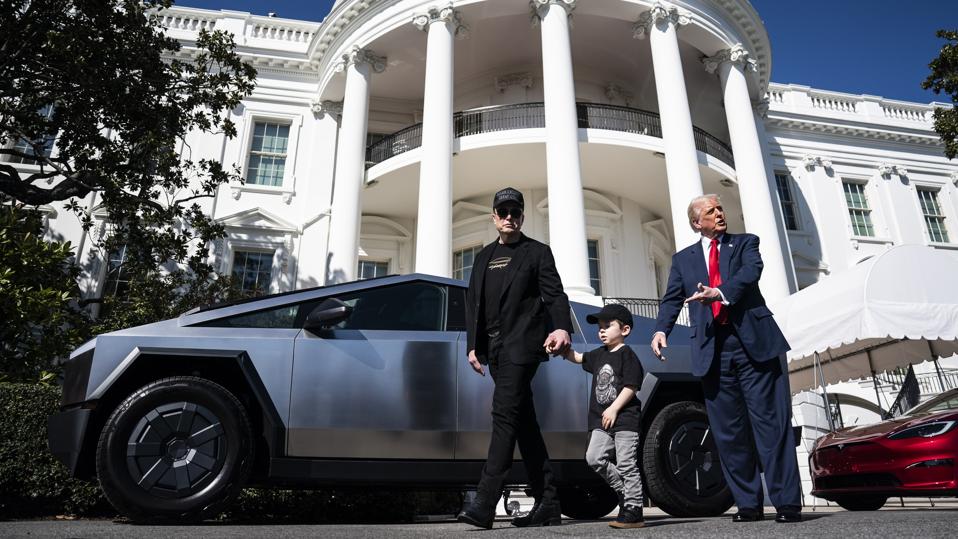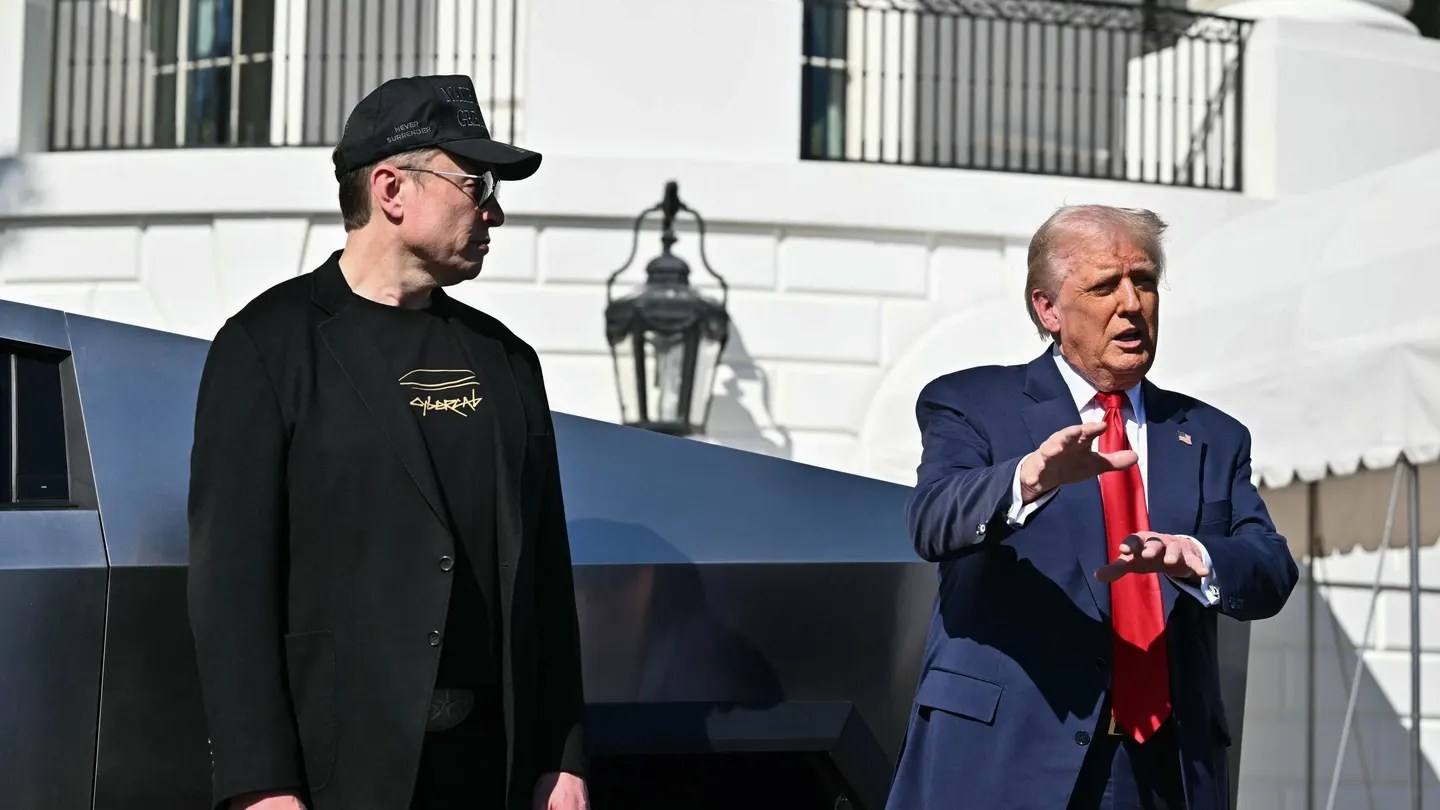European Union regulators approved Microsoft’s whopping $69 billion bid for video game developer Activision Blizzard on Monday, providing a ray of hope for what would be the biggest tech deals in decades—less than a month after regulators in the United Kingdom blocked the massive acquisition over concerns it would stifle competition.

Key Takeaways
- The European Commission, which represents the 27-nation bloc, announced it would allow the deal only after Microsoft agreed to allow gamers to play Activision games on other cloud services.
- In a statement, the commission said Microsoft, the maker of gaming console Xbox, agreed to “fully address” regulators’ concerns over competition, providing a possible path forward for Microsoft as it looks to remain competitive with Nintendo and Sony, the maker of PlayStation.
- The Microsoft-Activision deal still faces headwinds outside the EU: The U.K.’s Competition and Markets Authority, Britain’s antitrust watchdog, announced it would block the deal over concerns it would stifle competition in the budding cloud-gaming industry (Activision is an industry giant, developing video game franchises Call of Duty and World of Warcraft).
- Microsoft has also faced legal hurdles in the U.S., following the Federal Trade Commission’s December lawsuit to block the deal over antitrust concerns that it would “suppress” Xbox’s competitors in a “rapidly growing content and cloud-gaming business” (Microsoft is fighting the suit).
What To Watch For
A resolution in the U.K. and U.S. cases. Although Microsoft now has approval from the EU, its approval alone does not provide the tech giant a final go-ahead to finalize the acquisition. Microsoft’s recent concessions related to cloud gaming could give it a way forward in its appeal in the U.S., though that argument might be a hard pill to swallow in Britain, where Competition and Markets Authority decisions are rarely reversed, the New York Times reported. An evidentiary hearing in the FTC’s suit is set for August 2, while Microsoft’s appeal of British regulators’ decision could take months, The Verge reported.
Key Background
Microsoft announced the deal early last year, marking its biggest ever acquisition, though it sparked concerns from competitors, including Sony, which said it feared it would keep PlayStation users from playing Activision games. As a rebuttal, Microsoft offered Sony a 10-year deal in December to make Activision’s Call of Duty releases available at the same time on both consoles, while Microsoft President Brad Smith argued it would be “good for gamers” in an op-ed in the Wall Street Journal.
Tangent
Regulators’ primary concern with the deal, however, stems from the advent of cloud-gaming, which gives gamers the option of playing popular video games online without having to purchase expensive consoles like Xbox, PlayStation or Nintendo Switch. Britain’s regulatory body argued last month Microsoft’s acquisition would “risk undermining the innovation” by depriving gamers of that option when playing games made by Activision, and “alter the future of the fast-growing cloud gaming market,” though Microsoft disputes that claim. The European Commission also found the deal might not “significantly harm competition in the consoles market,” at least in Europe, even if Microsoft withdrew Activision games from PlayStation
This story was first published on forbes.com and all figures are in USD.
Forbes Australia issue no.4 is out now. Tap here to secure your copy or become a member here.
Look back on the week that was with hand-picked articles from Australia and around the world. Sign up to the Forbes Australia newsletter here.


